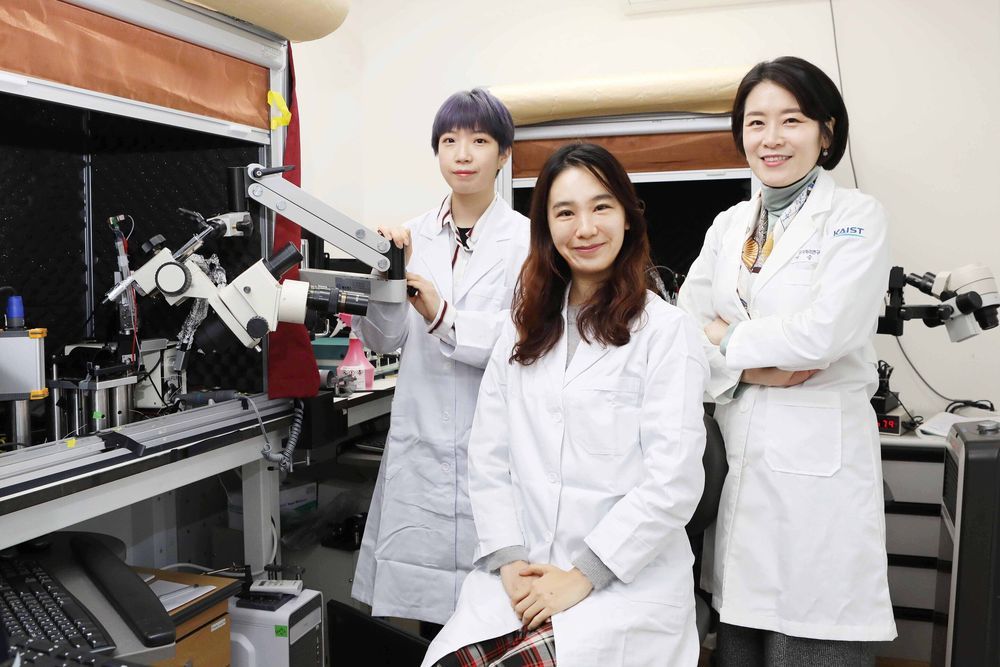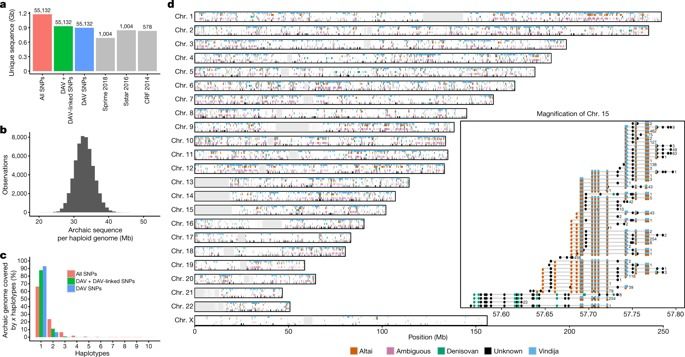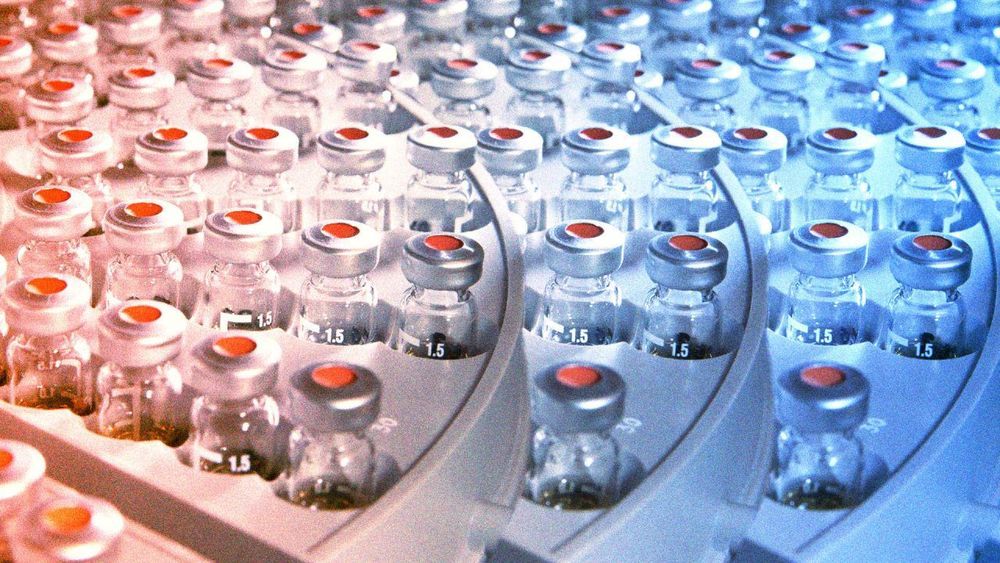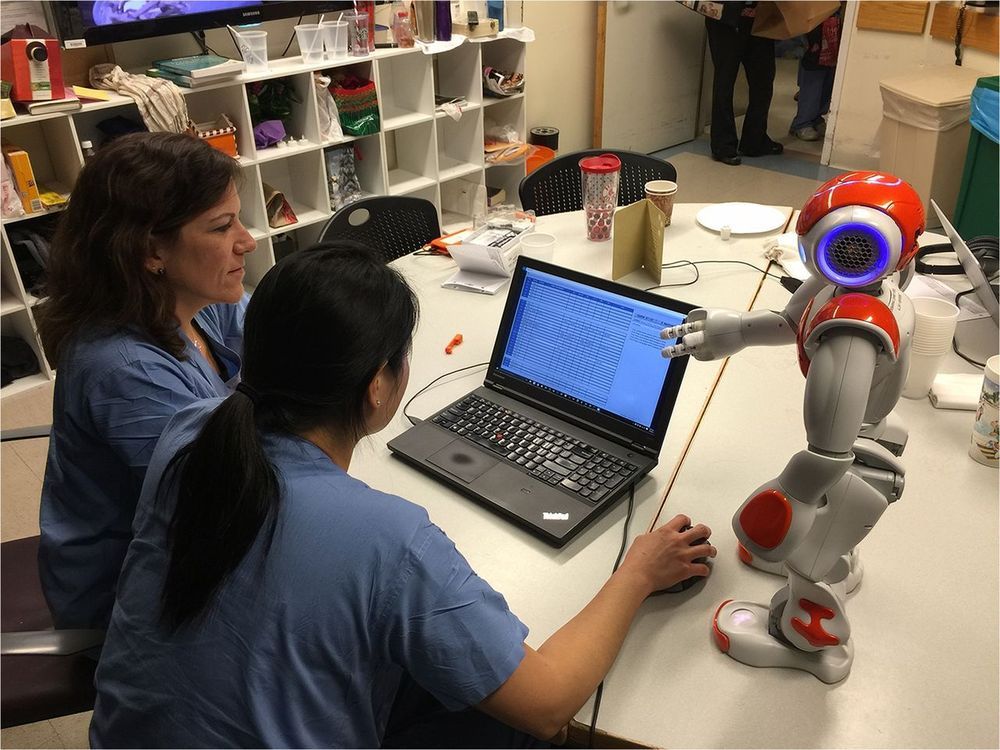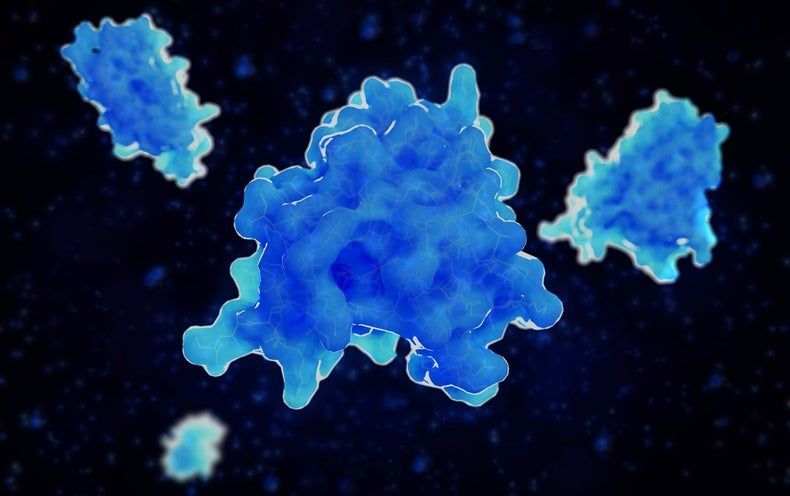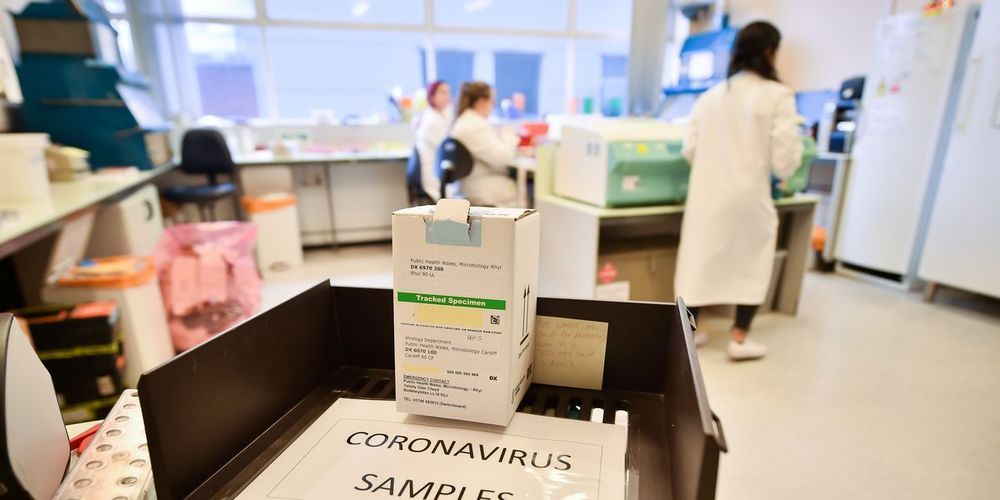While we might often take our sense of touch for granted, for researchers developing technologies to restore limb function in people paralyzed due to spinal cord injury or disease, re-establishing the sense of touch is an essential part of the process. And on April 23 in the journal Cell, a team of researchers at Battelle and the Ohio State University Wexner Medical Center report that they have been able to restore sensation to the hand of a research participant with a severe spinal cord injury using a brain-computer interface (BCI) system. The technology harnesses neural signals that are so miniscule they can’t be perceived and enhances them via artificial sensory feedback sent back to the participant, resulting in greatly enriched motor function.
“We’re taking subperceptual touch events and boosting them into conscious perception,” says first author Patrick Ganzer, a principal research scientist at Battelle. “When we did this, we saw several functional improvements. It was a big eureka moment when we first restored the participant’s sense of touch.”
The participant in this study is Ian Burkhart, a 28-year-old man who suffered a spinal cord injury during a diving accident in 2010. Since 2014, Burkhart has been working with investigators on a project called NeuroLife that aims to restore function to his right arm. The device they have developed works through a system of electrodes on his skin and a small computer chip implanted in his motor cortex. This setup, which uses wires to route movement signals from the brain to the muscles, bypassing his spinal cord injury, gives Burkhart enough control over his arm and hand to lift a coffee mug, swipe a credit card, and play Guitar Hero.

